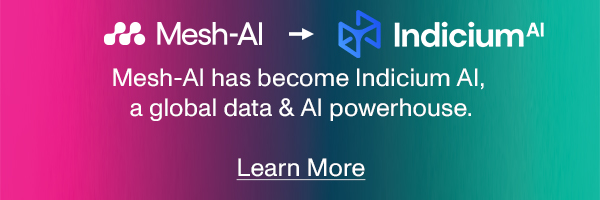


Our client is one of the world’s largest energy suppliers, operating in more than 100 countries, with a mission to transition to a low carbon energy mix and deliver net zero by 2050.
However, this energy transition is a complex undertaking with numerous challenges, all underpinned by low data quality and a lack of robust governance:
In order to overcome these obstacles, maintain stability in its operations and ensure a successful transition, reimagining how it leveraged data as part of its strategy was integral.
Working with Mesh-AI they will:
While there was a growing realisation within the organisation that data was fundamental in helping achieve its strategic objectives, it faced some key challenges:
We identified a clear opportunity to improve the governance, quality and trustworthiness of the customer's data landscape and increase their data literacy. We solved these challenges by:
Step 01: Transitioning to a federated model of governance to instil tighter controls and policies over data. This increased the quality of data across the enterprise and empowered different business domains to treat data as an asset.
Step 02: Implementing a modernised, cloud-based data stack, allowing for the production of quality data products at scale and providing a secure capability to share data with a broad partner ecosystem. This increased buy-in from across the enterprise and democratised access to business critical information.
Step 03: Shifting from offline excel-based data processing to using modern practices and tools. This maintained the integrity of source data and increased its reliability, leading to better data collaboration.
Thanks to overcoming the challenges it faced with data quality and governance, the global enterprise is now better placed to fulfil its ambitions to deliver net zero by 2050 and transition to supplying cleaner energy to the world.
The customer’s various business domains, such as Emissions and Finance, can now access accurate data to identify and address inefficiencies within its operations more swiftly. It can better identify and execute key maintenance activities across its assets delivering an overall improved operational performance and saving millions of pounds in efficiencies.
This fresh understanding has minimised the risk of millions in regulatory fines, by accurately reporting against mandated carbon metrics, while also providing a greater understanding of its carbon footprint and the areas of the business it needs to focus on. This has also freed up months worth of human hours spent on manual data tracking, so it can better allocate resources.
